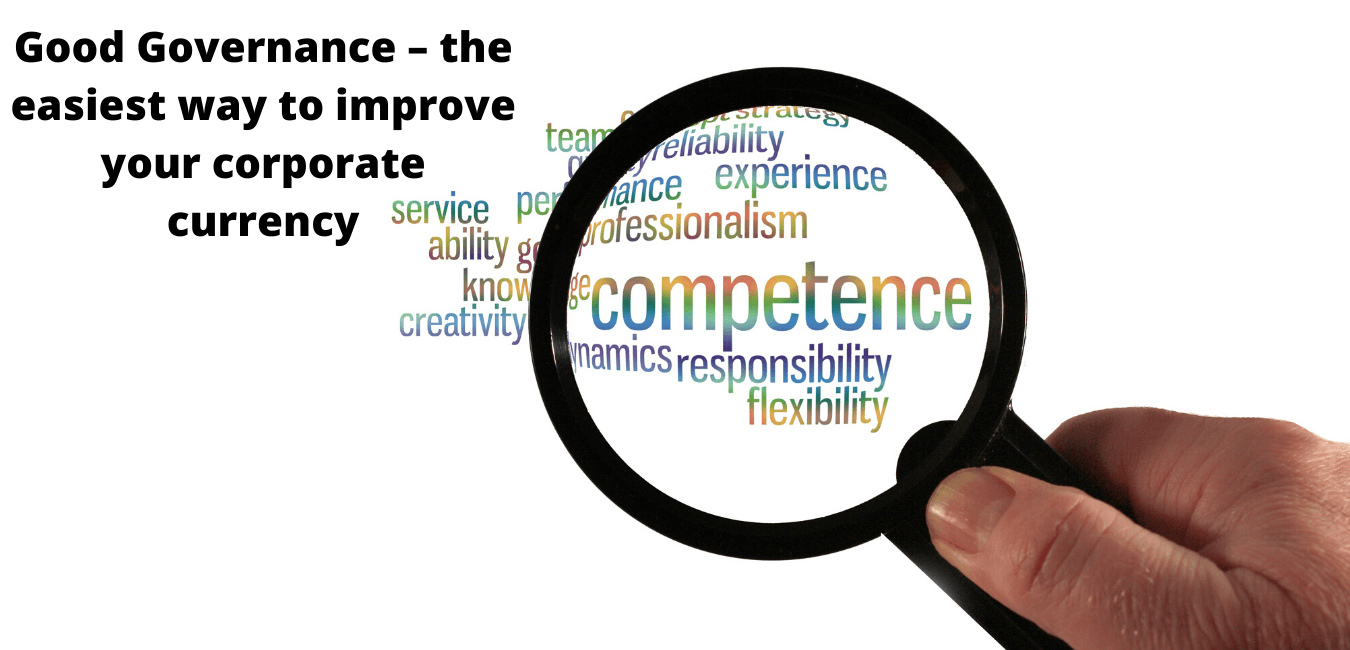Robin M. Sundstrom
IRonside Investor Relations Inc.
Whether you’re a corporate Investor Relations Officer or a manic Investor Relations agency hack, you may still get g rumpy comments from senior brass or clients about corporate governance. I know I do, and most of my clients have been operating for years in the public space.
rumpy comments from senior brass or clients about corporate governance. I know I do, and most of my clients have been operating for years in the public space.
These people – intelligent and successful as they are –have difficulty figuring out why corporate governance is important. Their attitude is, “I know we have to do it, but it’s annoying, and, by the way, don’t ever suggest that we list in the U.S.” The miners would rather put their money in the ground. The software people would rather add another developer. The entrepreneurs wonder aloud why they went public anyway.
And the IRO’s explanations don’t always get heard in the hurly burly. IR goals often seem secondary to running the business. They are ‘soft’ goals, allied with communication, and the ROI can be hard for management to see. (There’s a little potential Flash demo possible in the ROI / IRO anagram – for the next budget presentation, perhaps? I digress….)
But most people recognize that good corporate governance is only good sense for corporations. Not only does corporate governance build corporate reputation and perceived integrity, but it has also been statistically tied to higher valuations. Corporate governance is merely doing what is right by stakeholders – observing the letter and intent of the regulations.
The chart at the top right comes from a study done by the World Bank, some years ago. It indicates that the more attention subject companies paid to the rights of their shareholders, the lower their cost of capital. In fact, investors would literally pay a premium to invest in a company that demonstrated good governance.
Can’t get a much better argument for governance than that!
Since governance became one of the corporate buzzwords, many other advantages have become apparent. Good governance is a little like a turbo-charged ISO 9001 for internal businesses processes, and it:
- Heightens valuations and lowers the cost of capital, as above;
- Reduces work
- Permits better operational performance – better resource allocation, better time management, better support for corporate goals, better cash management and tracking, better access to information;
- Reduces risk – to the company, of course, but also to the Board and the company’s shareholders;
- Builds credibility for financial and corporate reporting;
- Improves relationships with all stakeholders.
CSE is aware of all this, naturally. Their monthly corporate reports help companies to implement some of the disciplines associated with disclosure and governance, and have the additional advantage of being extremely useful to investors.
As with Caesar’s wife, however, corporate reputation depends not just on doing what is required, but being seen to do it. If a company has a terrific governance program – produces regular reports to shareholders, is a thought leader, has outlined its code of ethics for employees, has a whistleblower mechanism in place, and so on – that’s great, but it’s not enough.
I hear the moans of disbelievers, but all I mean is that a good program deserves to get some profile. According to a recent survey of 100 buy-side investors, done by IRonsideIR, governance is one of the five key elements that institutional investors look for in making a decision to buy a stock (the others being management, profitability, growth potential, and comparative valuation). So why not get the word out? It’s a competitive market, and governanceis one of the best ways to stand out from the myriad other companies circling like goldfish at feeding time, looking for investment dollars.
Do it. And talk about it. Write about it. Make sure it’s on your website, all of it, from the Code of Ethics to the Audit Committee’s responsibilities to the “working in a public company” briefing program for new employees. Enjoy the upside of what has been shown to be an 18-to-23 percent ROE gap between well and poorly governed companies – a real Return on Integrity.
Robin M. Sundstrom is founder and President of IRonside Investor Relations. IRonsideIR is an integrated communications firm specializing in investor relations, strategy, branding, and design. IRonsideIR is dedicated to one task: Raising the profile and positive perception of its clients within the business and financial communities. You can contact Robin by telephone at 416-368-8770 x223 or by email at robin@ironsideir.com.

Since 2005 ITB Solutions has provided listings development services to stock Exchanges in Canada such as the Canadian Securities Exchange. ITB Solutions currently provides New Listing Services to the NEO Exchange. We assist companies with the listing application and managing the process to become publicly tradable in Canada, as well as offering advice on how to make the most of your public listing. You can reach Jeffrey Stanger at 647-500-0492 or b y email at jeffrey@itbsolutions.ca









